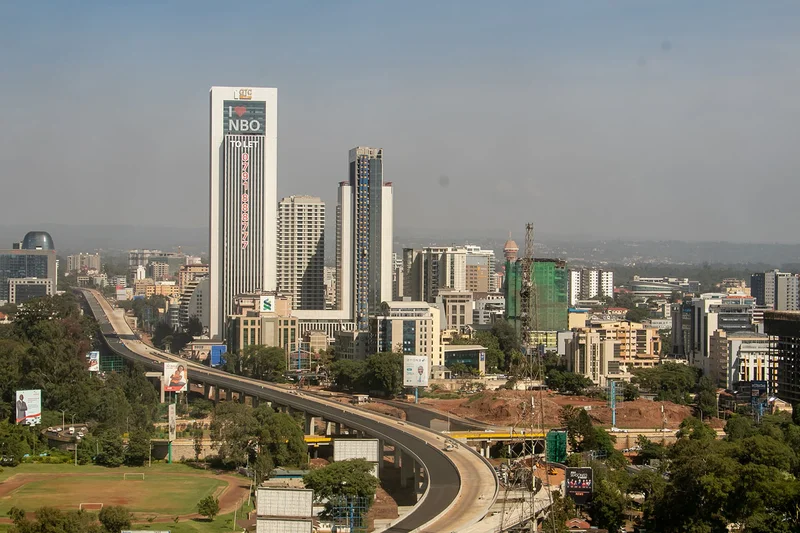Okay, folks, buckle up, because what looks like a local legal drama in Nairobi might actually be a tiny window into a much bigger, more complex future we're all hurtling towards. We're talking about the collision of accountability, governance, and the sheer speed at which these things are now playing out.
The story, as reported, is this: Geoffrey Mosiria, a top environmental official in Nairobi, allegedly collapsed upon learning he was facing jail time for contempt of court. Court told Nairobi official Geoffrey Mosiria collapsed, hospitalised on learning he risks jail term for contempt Contempt of court! Now, usually, this is where the story ends – a local official, a legal snag, maybe a bit of political theater. But let's rewind for a second.
This wasn't just about ignoring a parking ticket. Mosiria's case stems from allegations that the Nairobi County Government defied a court order regarding development in Parklands. Residents claimed the county was allowing construction despite a ban. The lawyer representing Mosiria claims that the signatures on the petition documents were forged. The Directorate of Criminal Investigations (DCI) has opened a probe into the alleged forgery. Now, regardless of the innocence or guilt of Mosiria, the core takeaway is this: The wheels of justice, especially when it comes to environmental accountability, are turning faster than ever before.
What used to take years, decades even, is now compressed into months, weeks, days. This isn't just about Nairobi; it's a global phenomenon. Think about the speed at which environmental regulations are being challenged and enforced worldwide. Think about the public scrutiny officials face on social media. The game has changed. It's like the difference between sending a letter by carrier pigeon and instant messaging – the consequences are immediate and potentially devastating.

Now, let's shift gears for a moment. On the same week that Mosiria's legal troubles were unfolding, Nairobi hosted the Art Auction East Africa. Pieces were sold for millions of shillings. A painting by Tanzanian artist Francis Msangi fetched a staggering Sh3.5 million after a six-minute bidding war. Art lovers spend Sh30m a night at Nairobi auction Art is a reflection of society, right? What does it say when art from East Africa is suddenly commanding such high prices?
Could it be a sign of growing economic power? A recognition of cultural value long overlooked? Maybe both. But here's the thing: it also highlights the stark contrast between perceived value and actual accountability. We're willing to spend millions on art that captures the beauty of nature, but are we equally willing to hold officials accountable for protecting that same nature? It's a question worth pondering.
It's a bit like the early days of the printing press. Suddenly, information could spread like wildfire, challenging established power structures. But with that power came responsibility – the responsibility to use information wisely, to hold leaders accountable, and to protect the very world that inspires our art.
The legal drama surrounding Mosiria and the booming art market in Nairobi aren't just isolated events; they are symptoms of a world grappling with rapid change. They’re showing us that the future is not some distant horizon, but something that's already arriving, demanding our attention and our action.
I'm not saying Mosiria is guilty, or that art auctions are inherently good or bad. What I am saying is that these two seemingly unrelated events highlight a critical tension: the tension between economic progress and environmental responsibility, between individual actions and collective consequences. The future is going to demand a new level of accountability, a new level of transparency, and a new level of engagement from all of us. Are we ready for it? I, for one, am excited to see what happens next.